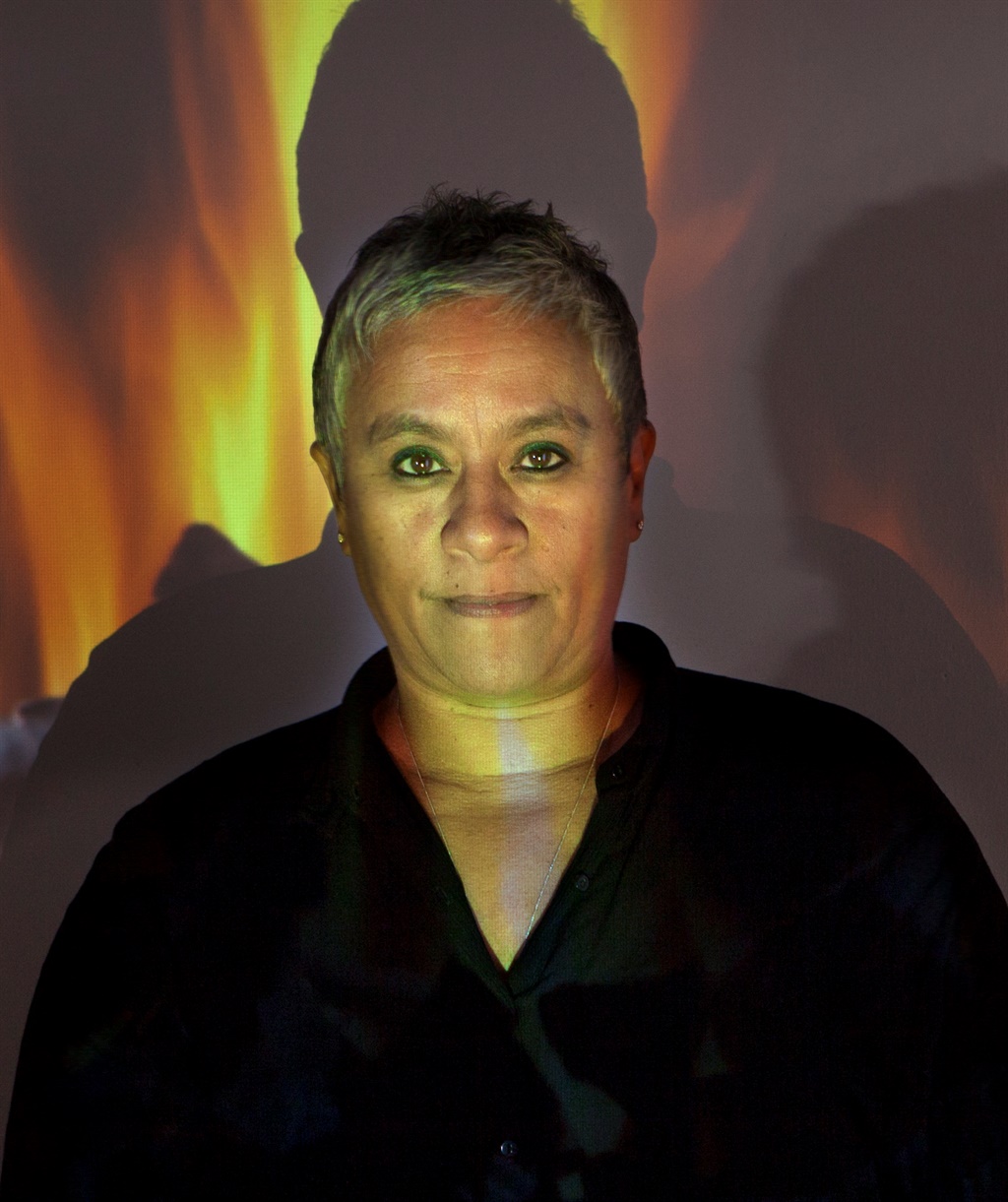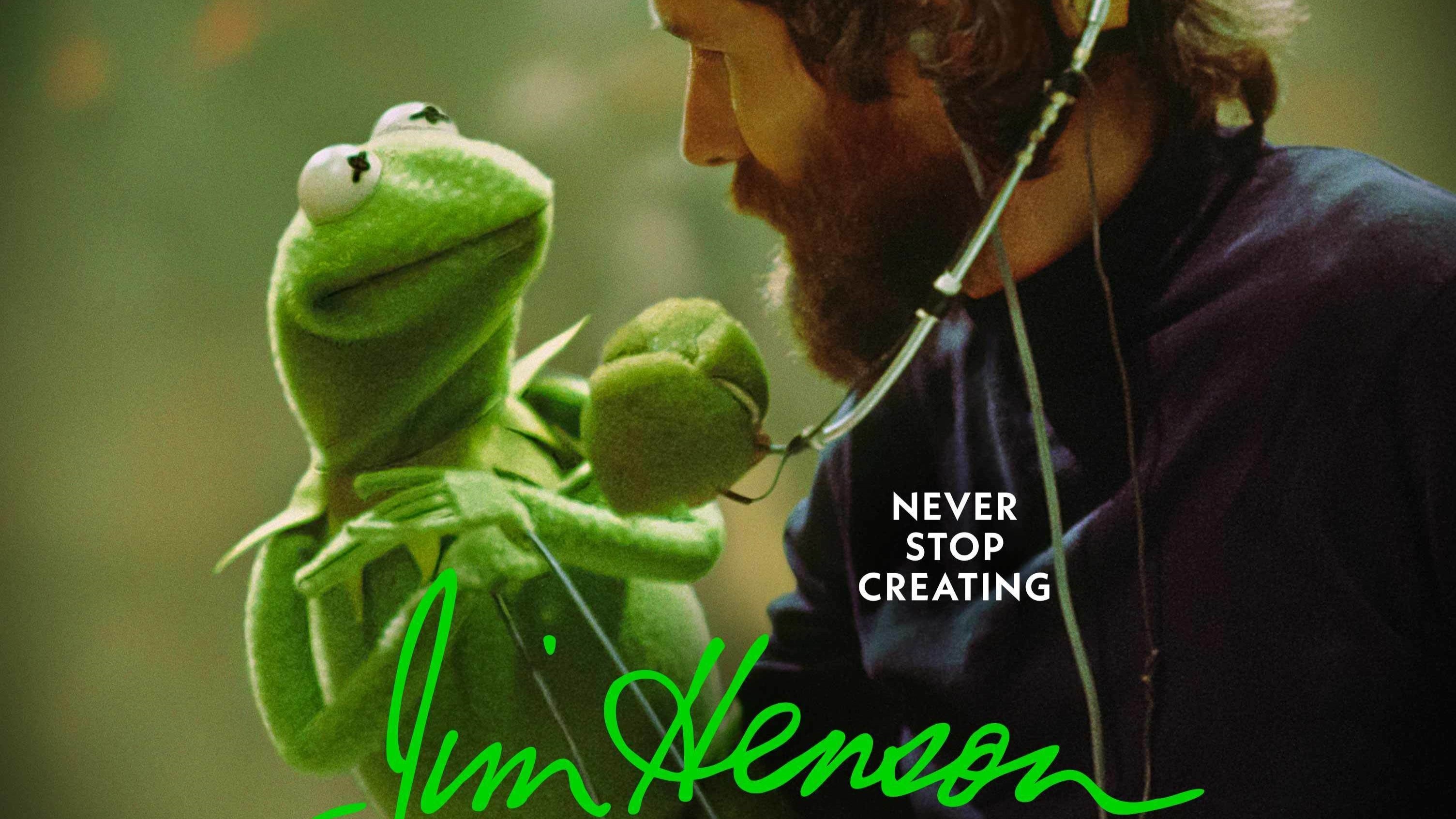
This year’s National Arts Festival featured artist is visual artist Berni Searle. Exploring identity, gender, race and colourism, Cape Town-based Searle has been creating compelling visual work for the past 20 years and has exhibited globally. Grethe Kemp caught up with her.
When I call Berni Searle over the phone on a Tuesday afternoon, we start off our interview with her asking me if she would be allowed to see my piece before it goes to print.
She’s had journalists misquote her before, you see, and sometimes phone conversations get transcribed wrong, making what you said read very differently on paper.
Take the incident at last year’s Frieze London exhibition, for instance, where Searle was part of a show called Social Work. She was interviewed by a journalist who promised to send the artist the piece before it went to print. The journalist sent her only a portion of her write-up and what ended up going to print in all the Frieze exhibition brochures were a bizarre and erroneous facts about South Africa’s political history.
These types of errors seem to come with being a South African artist whose work is often exhibited overseas. Searle’s story about the Frieze error leads nicely into my question on whether, as an artist who’s been exhibited in New York, London, Paris, Amsterdam and Rome – non-South Africans sometimes misinterpret her work.
“We live in a complex country and we’ve emerged with a very complex history. I don’t think people always quite understand that – so a lot of things are often simplified,” she tells me. She’s intelligent and bubbly over the phone, definitely one of the more congenial artists I’ve spoken to over the years. “On the other hand, I have had people write about my work who understand some of those complexities.”
The work
Searle’s art probes issues around race, gender and identity, as well as the socioeconomic ills of our country post-apartheid. Her most referenced series is probably 1998’s Colour Me, in which she’s photographed covered in spices – turmeric, paprika and cloves. The spices and their different colours are both a comment on her heritage, the trade of commodities that happened in the Cape and the strict classifications based on race implemented during the apartheid era.
Her 2008 series, Seeking Refuge, deals with migration and attempting to find a place called home in a new land. While created in 2008, the work has gained even more relevance now with the increase of migration through North African to Europe. She shot the series in Lanzarote on the Canary Islands.
Her 2009 video, Lull, and related prints Water’s Edge use the burning tyre – a potent symbol in South Africa – to comment on the various socioeconomic problems that plague our country.
For the National Arts Festival, she’ll be exhibiting an overview of her two decades of work, as well as producing new commisioned works. The festival’s theme this year is “Land”, which happens to speak to much of the work she’s done in the past. For her commission she’ll be, among other things, focusing on a Cape Town subeconomic area called Parkwood.
“There’s a big open green field that stretches from one end of the suburb to the other and people started putting up structures there. The structures were destroyed by the Red Ants and the police. I managed to capture drone footage before the structures were destroyed.”
Protests erupted in Parkwood last year over the issue of housing, with many residents desperate to move out of backyard dwellings that they’d been cramped into for years.
The issue of forced removals continues.
“The implications of the apartheid Group Areas Act are still being experienced today. It’s, in particular, areas where people experience overcrowding, lack of housing and lack of sanitation. It’s certainly not in the Cape Town City Bowl that you’ll experience that.
“One of the pieces I’m working on is a flyover from Table Bay harbour right across the Cape Flats to False Bay Harbour. And when you look at the footage you can see the spacial apartheid planning that’s still persistent.”
Identity
When asked by the Brooklyn Museum of Art what her “feminist artist statement” was, Searle was quoted as saying, “I don’t have a ‘feminist artist statement’ as such. Being a woman is only one aspect of who I am.”I ask her whether she at times gets frustrated by being categorised as a “feminist” or “woman artist”.
“I think what my work has done consistently is to resist categorisation – whether that be in terms of race or gender. But I think that there are times when one wants to foreground that one is a woman. Other times there are other aspects of one’s identity that are more important to foreground.”
Searle has been an associate professor at the Michaelis School of Fine Art in Cape Town for the past six years and the school’s director for the past two years. I ask her what it’s been like working with young people and whether she’s seen trends emerge in the work produced.
“I think teaching keeps you on your toes,” she says, with a laugh. “Particularly in the area of tertiary education. Teachers and students are challenged very much- so the learning goes both ways. As an art student myself, I had very little roles models.
I think it’s important for students to be able to see the possibilities of who they might be or what they may become and that their experiences and aspirations are reflected in the spaces that they occupy.
From that point of view, I feel that it’s important to be doing what I am doing at the moment”.
- The National Arts Festival in Grahamstown takes place from June 27 to July 7 this year. Bookings at nationalartsfestival.co.za




 Publications
Publications
 Partners
Partners












